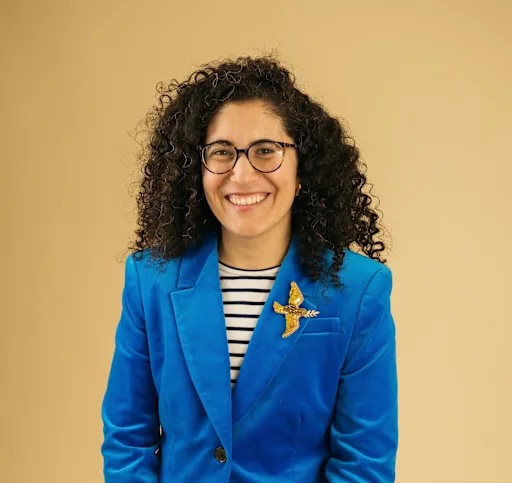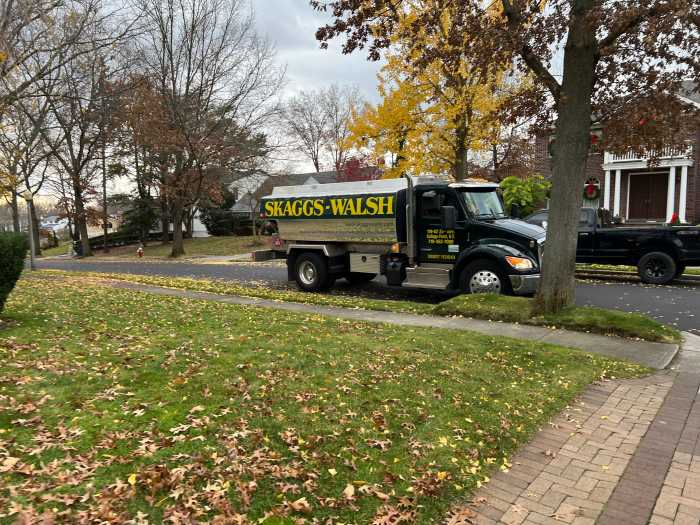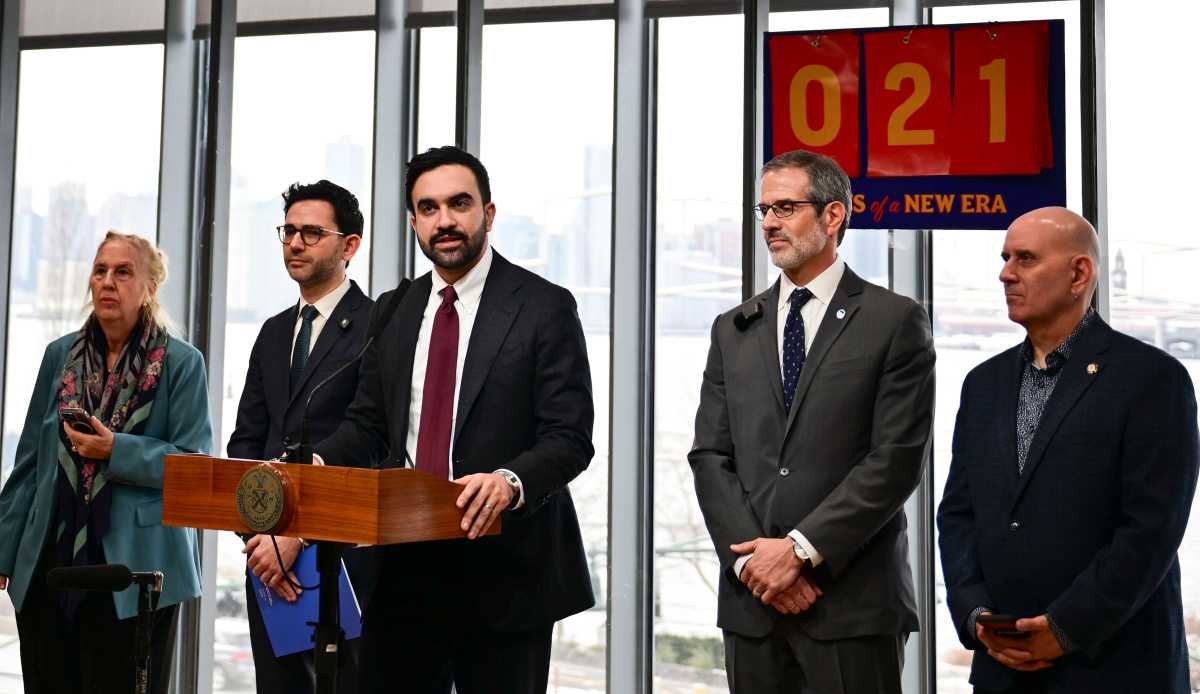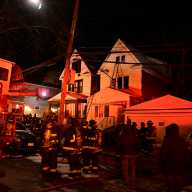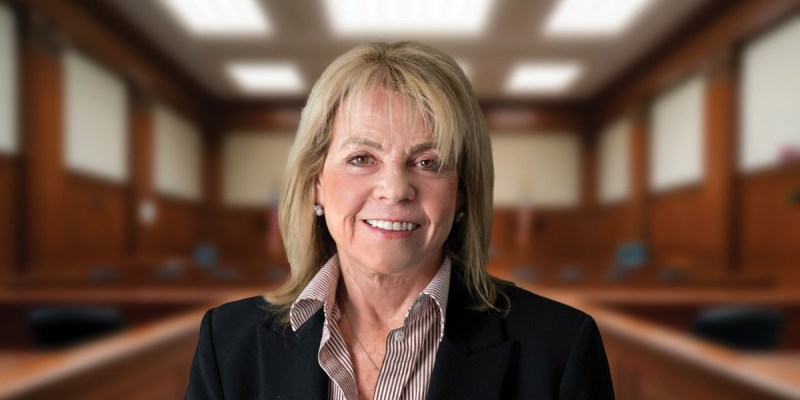Should Federal Emergency Management Agency funds be used to repair churches and synagogues damaged by Hurricane Sandy?
A bill co-authored by U.S. Rep. Grace Meng would put religious institutions on par with nonprofits. Meng argues that denying aid to churches and synagogues that have helped Sandy victims “is unfair, wrong and must change.”
She added that “since the storm wreaked havoc on our region, houses of worship — and the millions of Americans who benefit from the social services these institutions provide — continue to be denied the same treatment that is afforded to other nonprofit entities.”
The bill will now to go to the U.S. Senate, where it is likely to pass.
Jason Stewart, a board member and New York representative with Americans United, an organization obsessed with church-state separation, says the bill violates the U.S. Constitution: “Using taxpayer funds to rebuild religious institutions goes against constitutional law.”
His organization says helping churches and synagogues damaged by Sandy violates the “separation of church and state.”
But for Stewart and his organization, “separation” is a one-way street.
—
But for Stewart and his organization “separation” is a one-way street.
In the days after 9/11, St. Paul’s Chapel, just yards away from Building 5 of the World Trade Center became known as “Barbecue on Broadway” for the wide range of services it provided to firefighters, police and other government workers. Americans United did not see a “separation” issue then.
He claims that allowing religious organizations to receive funding is dangerous because it opens up the possibility of lawmakers being influenced by these institutions.
Let’s get real. Churches already have influence on political affairs because they have influence on their congregations. That’s why candidates make campaign stops at churches, especially in southeast Queens.
As long as churches don’t endorse a candidate, there’s nothing wrong.
We don’t see how any harm can come from helping churches, synagogues and temples repair damage, so long as the money is spent on rooms that serve the community.
The representatives of the American people think this is a good idea and so do we.



